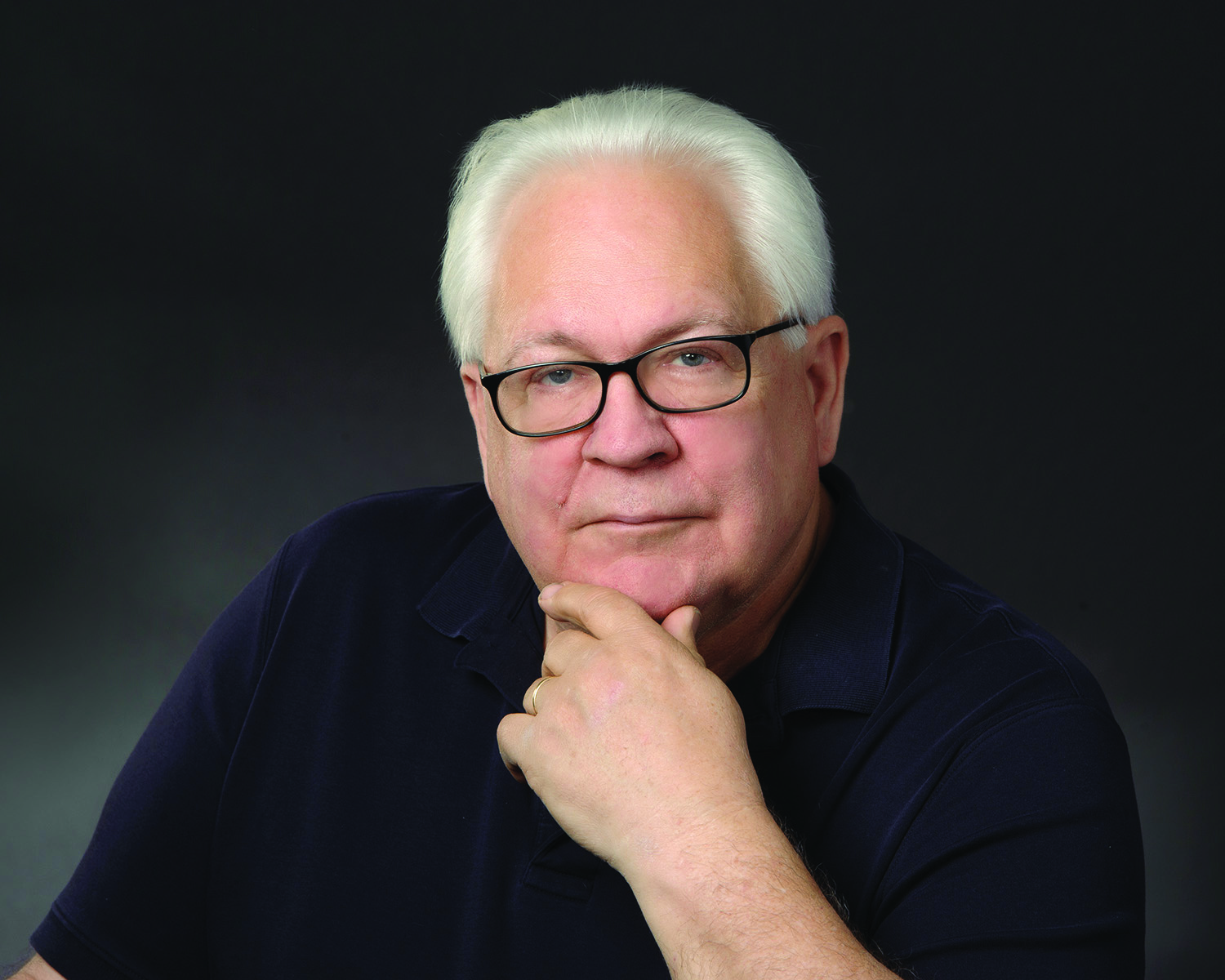- Patient Support (http://dev-voice.ons.org/topic/patient-support)
- Patient Assistance Programs (http://dev-voice.ons.org/topic/patient-assistance-programs)
- Patient Quality of Life (http://dev-voice.ons.org/topic/patient-quality-of-life)
- Oncology Nurse-Patient Relationship (http://dev-voice.ons.org/topic/oncology-nurse-patient-relationship)
Expressive Writing Can Help Patients Understand and Process Their Cancer Diagnosis
As reported to Chris Pirschel, ONS Staff Writer, by John Crandall

Writing images from one’s memory and imagination can be a healing act. According to a recent study on expressive writing and patients with cancer (https://doi.org/10.1371/journal.pone.0192729), some individuals may benefit from participating in expressive writing as part of their supportive cancer treatment. The writing act can be a form of healing for patients struggling with their cancer diagnoses.
Writing as an Act of Healing is a group workshop that brings together patients from all walks of life with a facilitator who runs the group. Writers in my program find a sense of community and are able to look to the group for positive, nonjudgmental feedback. Their writing allows them to process problems that they are experiencing and witness others’ issues in turn.
My writing groups have diverged from the Amherst Writers and Authors method Pat Schneider outlined in her book Writing Alone and With Others (https://www.amazon.com/Writing-Alone-Others-Pat-Schneider/dp/019516573X). Schneider said, “Everyone is a writer. You are a writer. All over the world, in every culture, human beings have carved into stone, written on parchment, birch bark, or scraps of papers, and sealed into letters—their words.” My program follows Schneider’s five affirmations:
- Everyone has a strong, unique voice.
- Everyone is born with creative genius.
- Writing as an art form belongs to all people, regardless of economic class or educational level.
- The teaching of craft can be done without damage to a writer’s original voice or artistic self-esteem.
- A writer is someone.
I begin with a prompt to stimulate the group members’ imagination. These prompts do not define what is to be written, but they help the writer get started. They can suggest health, healing, or cancer, but that’s not usually necessary because the group has gathered to write what needs to be said. The prompts are only a catalyst that helps patients explore their feelings and diagnoses. It’s amazing how often a nondirective topic will generate writing that addresses issues that need to be aired.
My goals are to offer my patient writers the chance to find and learn how to express their voice and to become a part of a supportive community. I would like them to find writing as a learning experience, providing them new ways to translate their own experiences into language. This change in communication can help in all aspects of their life, especially in their interactions with their healthcare providers.
As semiretired therapist who specializes in group therapy, I often see positive results in my writers as they participate in the healing groups. In traditional group therapy, members share their stories by standing up and facing a circle, reading the body language of their group. Our writing workshop allows patients to gather their thoughts to the pages, without having input from anyone else. As a result, the words that are shared are pure self-revelation. No one is required to share, but they have the opportunity.
Expressive writing isn’t for everyone, but oncology nurses can recommend this practice to patients who seem interested. My group, Crandall Writers (http://www.crandallwriters.com/virtual-attendance.html), meets in person, but new writers can also join online.
